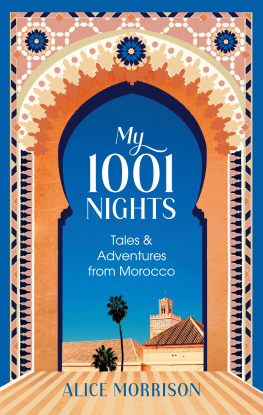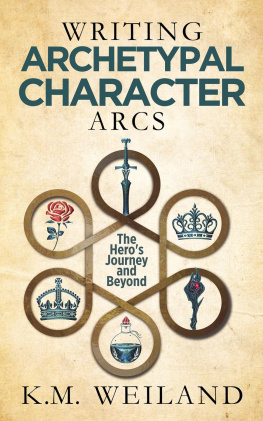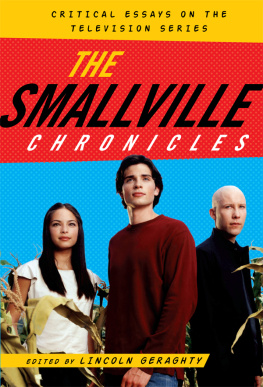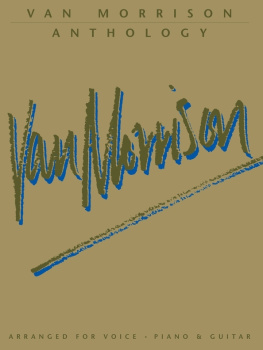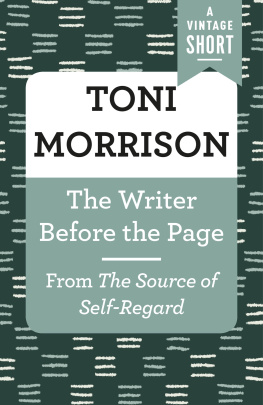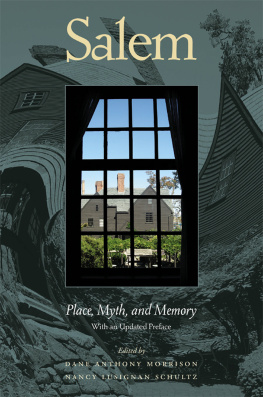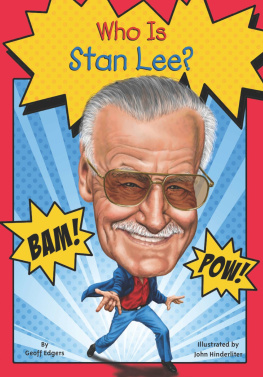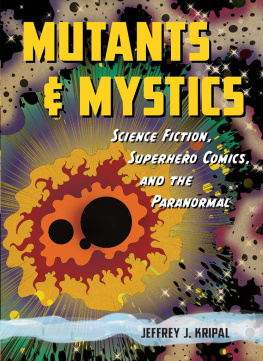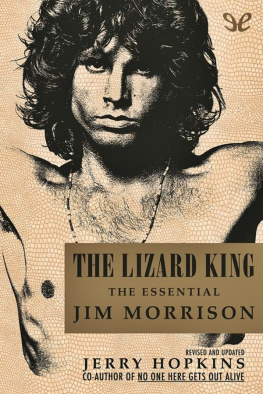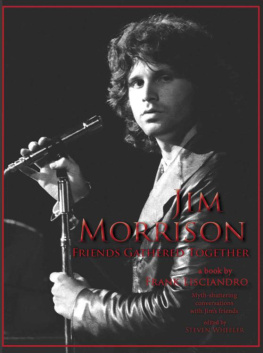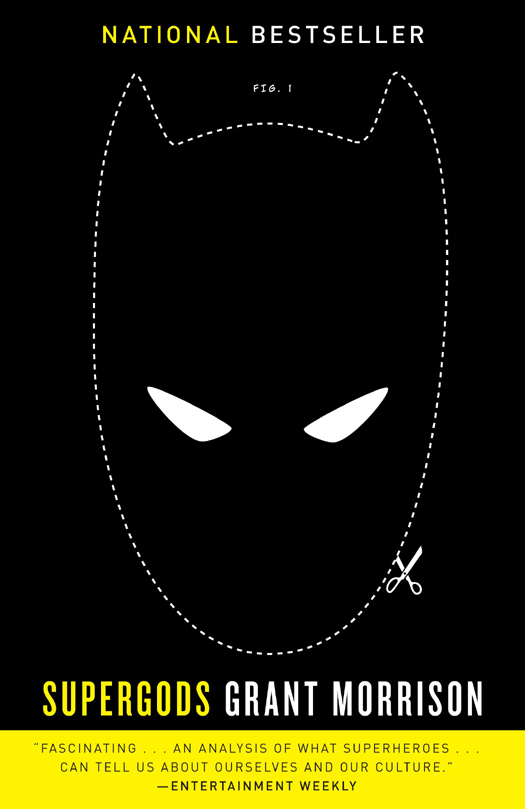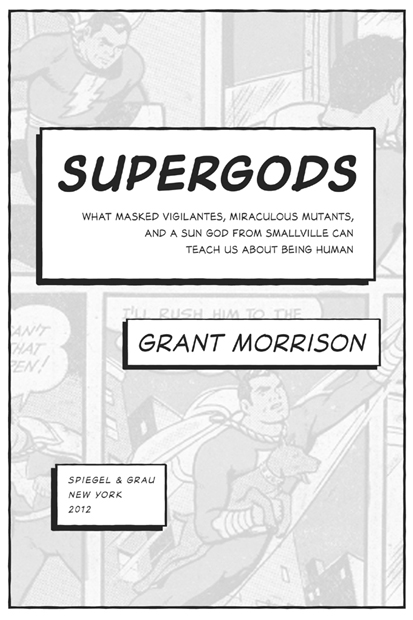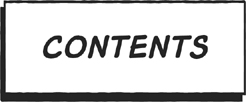Praise for

Supergods is a maniacally enthusiastic stream-of-consciousness narrative, seventy years of superhero history with erudite analysis and autobiography thrown inan account of what its like to plunge your brain into these fictional universes for decades, refusing to come up for air.
Rolling Stone
The perfect textbook for fanboys and the mainstream alike.
USA Today
An analysis of what superheroes, caped crusaders, and masked men can tell us about ourselves and our culture fascinating.
Entertainment Weekly
A personal and erudite history of the medium by one of its most intelligent and articulate practitioners Morrison lays out the history of comics with infectious passion and amusement.
Financial Times
Supergods is an enjoyable read for both rabid comic book fans who want to take a trip down memory lane and casual readers who want to understand how these colorful, sometimes crude books offer us a glimpse at how far weve come as a society.
BookPage
Morrison provides an examination of the superhero phenomenon that is at once a well-researched history, an entertaining memoir, intriguing cosmological analysis, and a surprising personal revelation that will challenge readers to reevaluate everything theyve thought about the writer and his work.
Memphis Flyer
Supergods is not just an insiders dissection of American comic booksspecifically, the one particular genre thats influenced popular culture for more than seven decades. Morrison has more in mind: Midway through the book, he begins to weave in unexpected memoir passages, and thats precisely when it gets really interesting. The more personal he gets, the more thrilling the book becomes.
Time Out Chicago
Morrison possesses that trick of the best teachershe shows you how and why he is excited about these ideas, so you get excited by them as well. Supergods is a blast, a pure hit of hero worship and deep understanding of comics.
Statesman
[Readers] cant help but be charmed by the authors passion for a genre that confronts the bewildering complexities of modern culture by reaching for a pure vision of right and wrong.
The Arizona Republic



2012 Spiegel & Grau eBook Edition
Copyright 2011, 2012 by Supergods Ltd.
All rights reserved.
Published in the United States by Spiegel & Grau, an imprint of The Random House Publishing Group, a division of Random House, Inc., New York.
S PIEGEL & G RAU and Design is a registered trademark of Random House, Inc.
All DC Comics characters and images are & DC Comics.
All Rights Reserved. Used with Permission.
Originally published in hardcover in the United States by Spiegel & Grau, an imprint of The Random House Publishing Group, a division of Random House, Inc., in 2011.
eISBN: 978-0-679-60346-7
www.spiegelandgrau.com
Cover design: Will Staehle and Greg Mollica
v3.1_r1
For Kristan, supergoddess
Behold, I teach you the superman: He is this lightning, he is this madness!
Friedrich Nietzsche, Thus Spake Zarathustra
FOUR MILES ACROSS a placid stretch of water from where I live in Scotland is RNAD Coulport, home of the UKs Trident-missile-armed nuclear submarine force. Here, Ive been told, enough firepower is stored in underground bunkers to annihilate the human population of our planet fifty times over. One day, when Earth is ambushed in Hyperspace by fifty Evil Duplicate Earths, this megadestructive capability may, ironically, save us allbut until then, it seems extravagant, somehow emblematic of the accelerated, digital hypersimulation weve all come to inhabit.
At night, the inverted reflection of the submarine dockyards looks like a red, mailed fist, rippling on a flag made of waves. A couple of miles of winding road from here is where my dad was arrested during the antinuclear protest marches of the sixties. He was a working-class World War II veteran whod swapped his bayonet for a Campaign for Nuclear Disarmament badge and became a pacifist Spy for Peace in the Committee of 100. Already the world of my childhood was one of proliferating Cold War acronyms and code names.
And the Bomb, always the Bomb, a grim and looming, raincoated lodger, liable to go off at any minute, killing everybody and everything. His bastard minstrels were gloomy existentialist folkies whining horn-rimmed dirges about the Hard Rain and the All on That Day while I trembled in the corner, awaiting bony-fingered judgment and the extinction of all terrestrial life. Accompanying imagery was provided by the radical antiwar samizdat zines my dad brought home from political bookstores on High Street. Typically, the passionate pacifist manifestoes within were illustrated with gruesome hand-drawn images of how the world might look after a spirited thermonuclear missile exchange. The creators of these enthusiastically rendered carrion landscapes never overlooked any opportunity to depict shattered, obliterated skeletons contorted against blazing horizons of nuked and blackened urban devastation. If the artist could find space in his composition for a macabre, eight-hundred-foot-tall Grim Reaper astride a flayed horror horse, sowing missiles like grain across the snaggle-toothed, half-melted skyline, all the better.
Like visions of Heaven and Hell on a medieval triptych, the postatomic wastelands of my dads mags sat side by side with the exotic, triple-sunned vistas that graced the covers of my mums beloved science fiction paperbacks. Digest-sized windows onto shiny futurity, they offered android amazons in chrome monokinis chasing marooned spacemen beneath the pearlescent skies of impossible alien worlds. Robots burdened with souls lurched through Day-Glo jungles or strode the moving steel walkways of cities designed by Le Corbusier, Frank Lloyd Wright, and LSD. The titles evoked Surrealist poetry: The Day It Rained Forever, The Man Who Fell to Earth, The Silver Locusts, Flowers for Algernon, A Rose for Ecclesiastes, Barefoot in the Head.
On television, images of pioneering astronauts vied with bleak scenes from Hiroshima and Vietnam: It was an all-or-nothing choice between the A-Bomb and the Spaceship. I had already picked sides, but the Cold War tension between Apocalypse and Utopia was becoming almost unbearable. And then the superheroes rained down across the Atlantic, in a dazzling prism-light of heraldic jumpsuits, bringing new ways to see and hear and think about everything.







